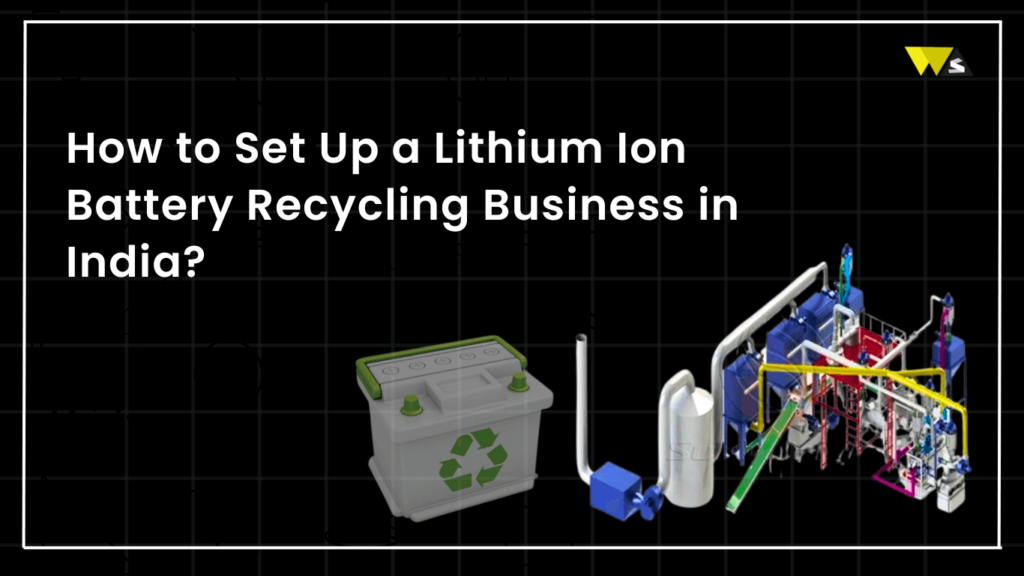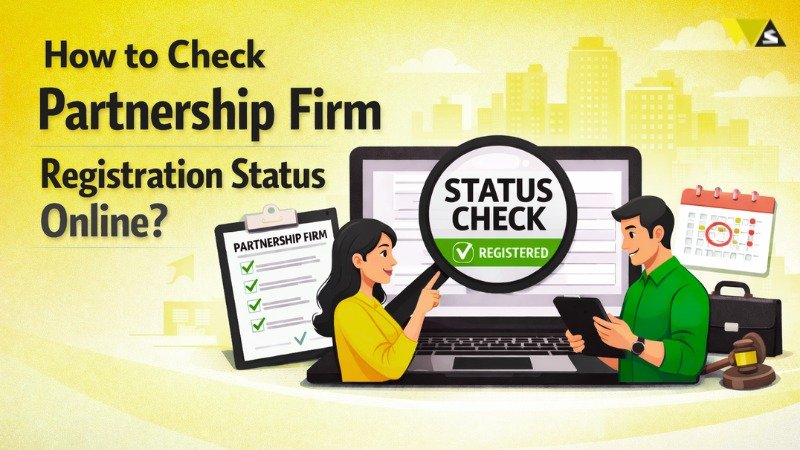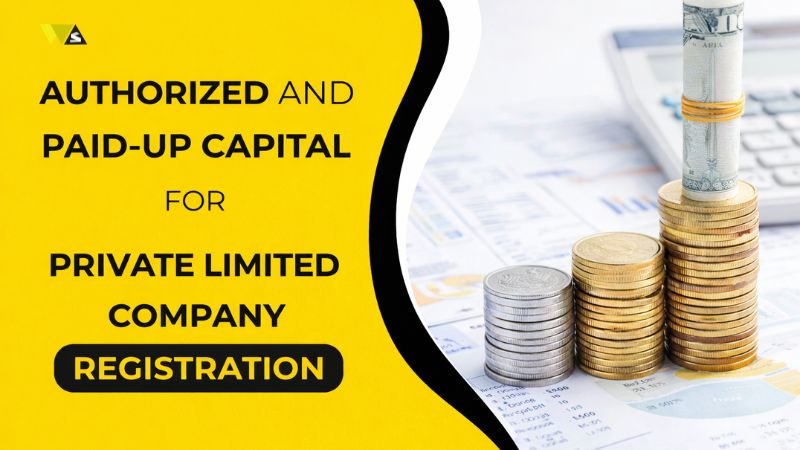Lithium-ion batteries are essential and necessary because of the rise of electronic vehicles (EVs), sustainable energy systems for storage, and consumer gadgets. Nevertheless, the active age of these products has its limits, and their manufacturing is on the rise; hence, the need for new sustainable recycling approaches has grown stronger. Due to the progress in green energy technologies and the growing attention towards a circular economy, the Indian market provides plenty of opportunities for low-cost lithium-ion battery recycling technology solutions. This article will describe how to setup lithium-ion battery recycling business in India.
About Lithium Ion Battery
- Li-ion battery is another name for this battery.
- Most people consider it a secondary rechargeable battery.
- These batteries are composed of rechargeable parts that have relatively high power-to-mass ratios.
- These batteries are predominantly used in daily equipment like smartphones and electric cars. Most importantly, these batteries are also utilized in EVs, the army, and the aerospace industry.
- In this battery, there are two terminals, which are known as the positive and negative terminals. As per the charging and discharging processes, the electrolyte helps the lithium-ion batteries to travel within those electrodes.
Recycling Methods Used in Lithium-ion Battery Recycling Business
Because of variations in size or purpose, lithium-ion batteries have varying compositions. Therefore, numerous recycling methods are utilized by the lithium-ion battery recycling sector, which has pros and cons.
Pyro metallurgical
- Pros: This recycling technique is quite effective and has a simple process. In addition to this, it additionally possesses industrial capacity.
- Cons: Among the flaws of this technique are the high temperatures used, which consume more energy and generate poisonous gases as waste.
Bioleaching
- Pros: This recycling process is much more cost-effective and environment friendly.
- Cons: This technique necessitates long-term plating, which pollutants could potentially assault.
Hydrometallurgical
- Pros: One of the most used techniques, it has high purity and emission rates but uses less power and produces less trash.
- Cons: Complex procedures, contaminated water contamination, and excessive reagent consumption are some of the major drawbacks of the hydrometallurgical process.
Direct Recycling
- Pros: This direct recycling method has several benefits, including low greenhouse gas emissions, low energy use, and low pollutant gas emissions.
- Cons: The main drawback of this procedure is that it takes a lot of time despite its many benefits.
How is recycling done in The lithium-ion battery recycling business?
The lithium-ion battery recycling industry obtains raw materials and produces fresh lithium-ion batteries from used batteries. The process goals include tearing down or dismantling lithium in ion battery pack and peeling out its various parts to recycle them in a new battery.
- Initially, defective or ruined batteries are separated from the rotation by being separated from working batteries.
- After that, every element in every lithium-ion battery that is being recycled needs to be identified, which often calls for a combination of optical microscopy and inductively coupled plasma spectrometry. Most recovered cathodes may be separated into copper, nickel, iron, and cobalt, which are recycled to create new electrodes.
- Because these metals have more varied densities than other battery components, they float to different mixture concentrations when heated to their melting point, making sorting them out comparatively simple. The resulting liquid metal alloy is then poured into moulds that resemble tiny plates (sometimes with holes drilled through the middle) and solidified into forms that can be inserted into brand-new batteries.
- Lastly, it is necessary to recover lithium. It is electrolyzed after being combined with mineral acids, such as sulfuric or hydrochloric acid. Pure lithium is extracted by electrolysis and sold to recyclers.
Lithium Ion Battery Recycling Business Benefits
- Starting a recycling business for lithium-ion batteries offers two uses and many positive social effects. The main objective of this business is to stop wasting batteries and avoid environmental degradation caused by the disposal of lithium-ion batteries.
- Recycling these batteries helps energy efficiency and reduces greenhouse gas emissions.
- The recycling sector for lithium-ion batteries upholds the government’s circular economy initiatives by retrieving technology and raw materials that can be incorporated into other products, thus preventing expensive processes of manufacturing new batteries from scratch.
- Aside from this particular benefit, the increasing number of electric cars demand and the transition to more environmentally friendly technologies will lure many investors towards the recyclers’ commencement of the lithium-ion batteries recycling business.
What are the Economic Aspects of Setting up Lithium Ion Battery Recycling Business?
There are eight distinct components to the cost of starting a lithium-ion battery recycling business. These are:
- New Battery
- Waste Treatment, which is governed under Extended Producers’ Responsibility regulations
- Depreciation
- Auxiliary Materials, including Machinery and equipment
- Labour
- Taxes
- Electricity
- Maintenance
Estimating costs incurred in recycling lithium-ion batteries include capital expenditures (CAPEX) and operational costs (OPEX). Consequently, to lower the total cost.
The company owner can collect the rubbish as dumpsters rather than having separate drops off to recycle Lithium-ion batteries. This is less expensive because fewer staff will be needed for the operation, and their costs will be reduced.
Conclusion
The increasing usage of electrical and electronic devices has led to the recent battery inclinations towards Lithium-ion battery recycling approaches being profitable. By the year 2030, it is forecasted that the global recycling market will achieve a value of 22.8 billion us dollars, generating a Compound Annual Growth Rate of 19.6%. Given that the recycling industry is permitted, the government also offers numerous incentives and programs in response to this and countless other industry benefits.
India’s growing e-waste and green energy objectives, there are a lot of prospects for starting a lithium-ion battery recycling business. Setup lithium-ion battery recycling plant can help save the environment and access a lucrative market by concentrating on operational effectiveness, regulatory compliance, and sustainable practices.
Read our blog: What are the Benefits of Lithium Ion Battery Scrap Import License?










